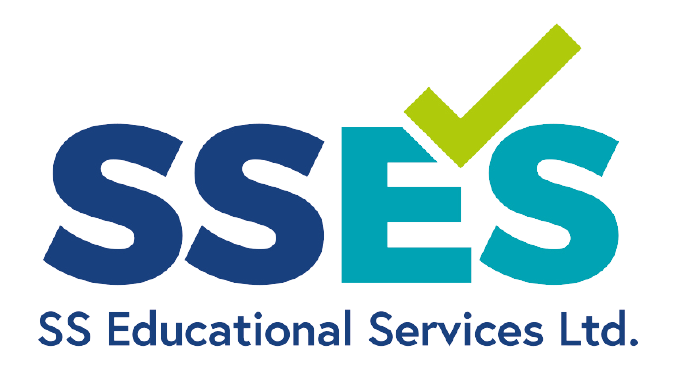Each month the staff at SS Educational Services decide what topics their blog posts will cover during the following month. SSES look at what is happening during the month and try to incorporate relevant posts around early years, children and young people alongside our informative posts about SSES as an End Point Assessment Organisation.
Yesterday, Sunday 14th, was World Diabetes Day. SSES felt this was a day that we should recognise. Figures for both Type 1 and Type 2 in early years, children and young people is increasing year on year.
Type 1 Diabetes affects around 29,000 children and new diagnoses are increasing year on year by 4 percent, which is a worrying trend. In the Early Years that rises to 5%. A few interesting, yet unsettling facts is that the UK has one of the highest rates of Type 1 Diabetes in the world, but the reasons are currently unknown. Also, that a person with Type 1 Diabetes will have around 65,000 injections and measure their blood glucose more than 80,000 times in their lifetime.
The above information can all be found on Diabetes.org.
Hundreds of children and teenagers in England have type 2 diabetes, data shows, leading charities to describe the findings as a “worrying wakeup call” and urge that childhood obesity be tackled.
Type 2 diabetes has historically only been diagnosed in people over the age of 40, but data for 2019-20 reveals that the condition affects 1,560 people aged 18 or under. The data confirms a growing trend of serious health conditions related to obesity. Nearly one in three children aged two to 15 are overweight or obese.
Children with either Type 1 or Type 2 need specialist support, but people working with early years, children and young people are instrumental in encouraging children to make healthy choices with their diet and their levels of activity, which would help both Types; and equally will help prevent children becoming overweight and more susceptible to Type 2. In the Level 2 Early Years Practitioner Duty 2 states ‘Use play to support children to understand and encourage healthy life choices (K14, S7, B3,4,5,6); and in the Level 3 Early Years Educator the EYE is able to ‘promote healthy lifestyles for example by encouraging babies and young children to consume healthy and balanced meals, snacks and drinks appropriate for their age and be physcially active through planned and spontaneous activity throughout the day.
If you would like to know more about our End Point Assessment Organisation and the standards are do/will be delivering, please drop us an email on contact@sseducationalservices.co.uk


